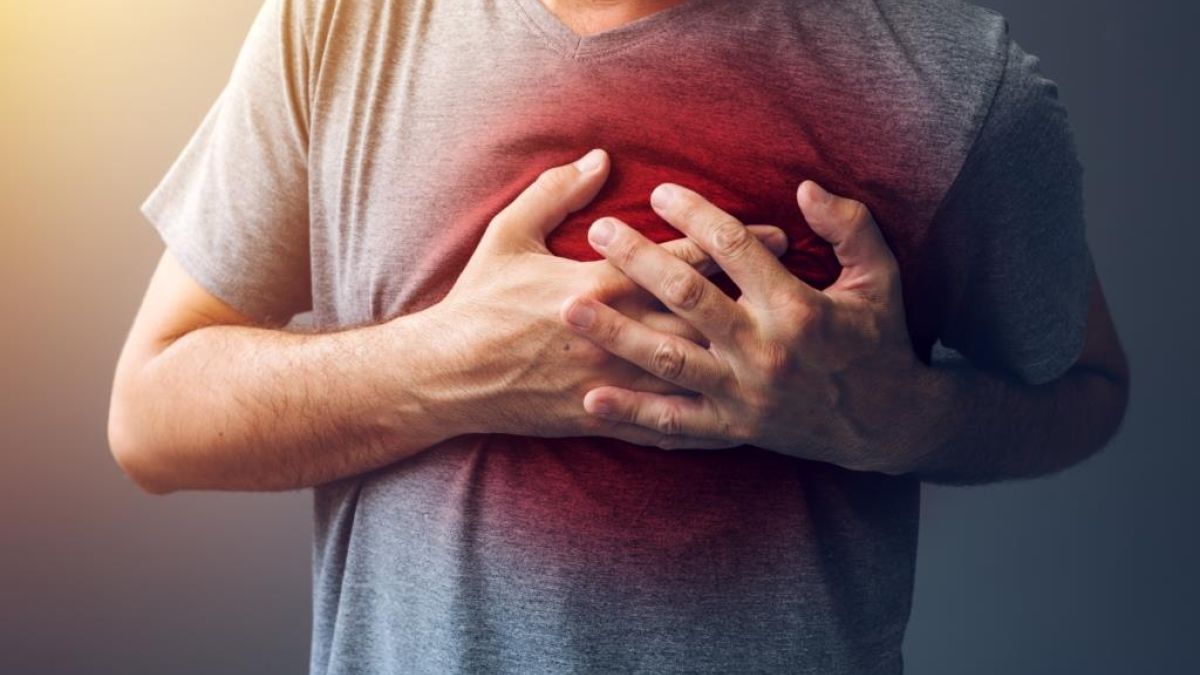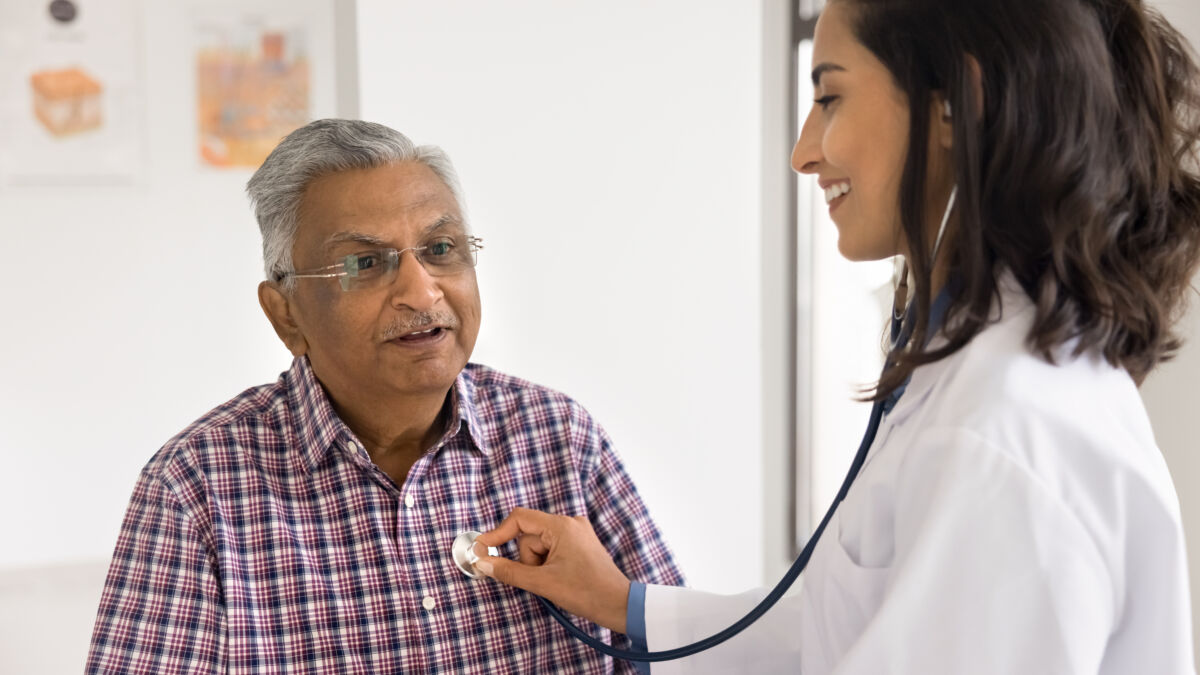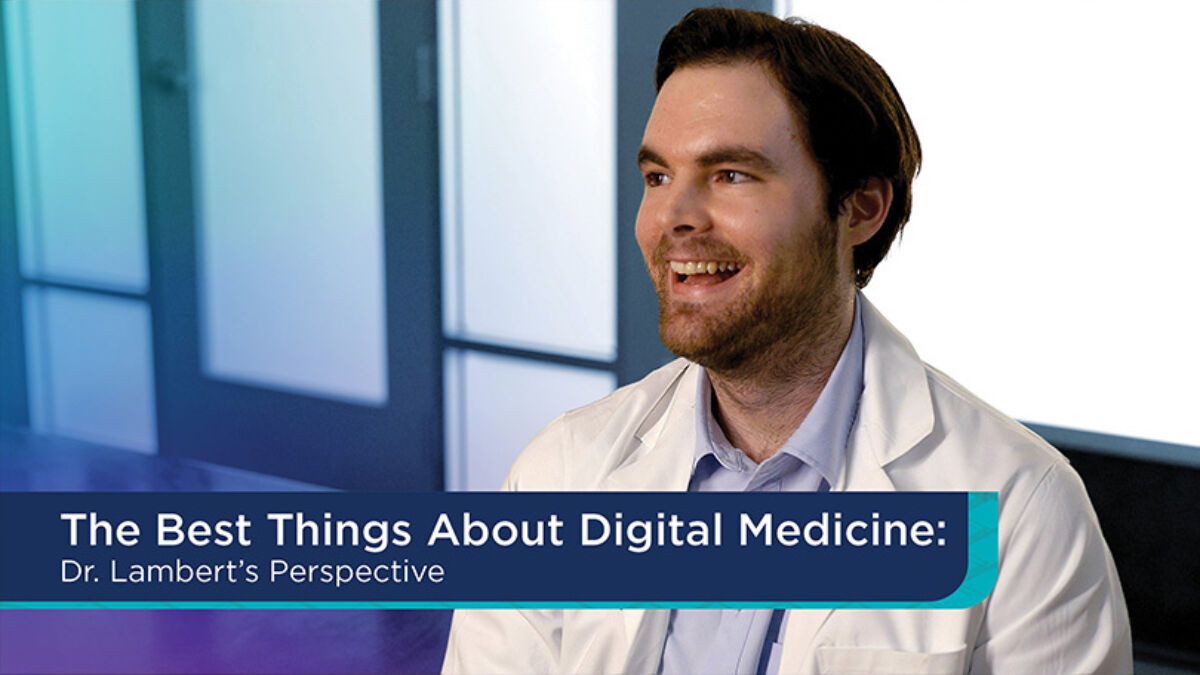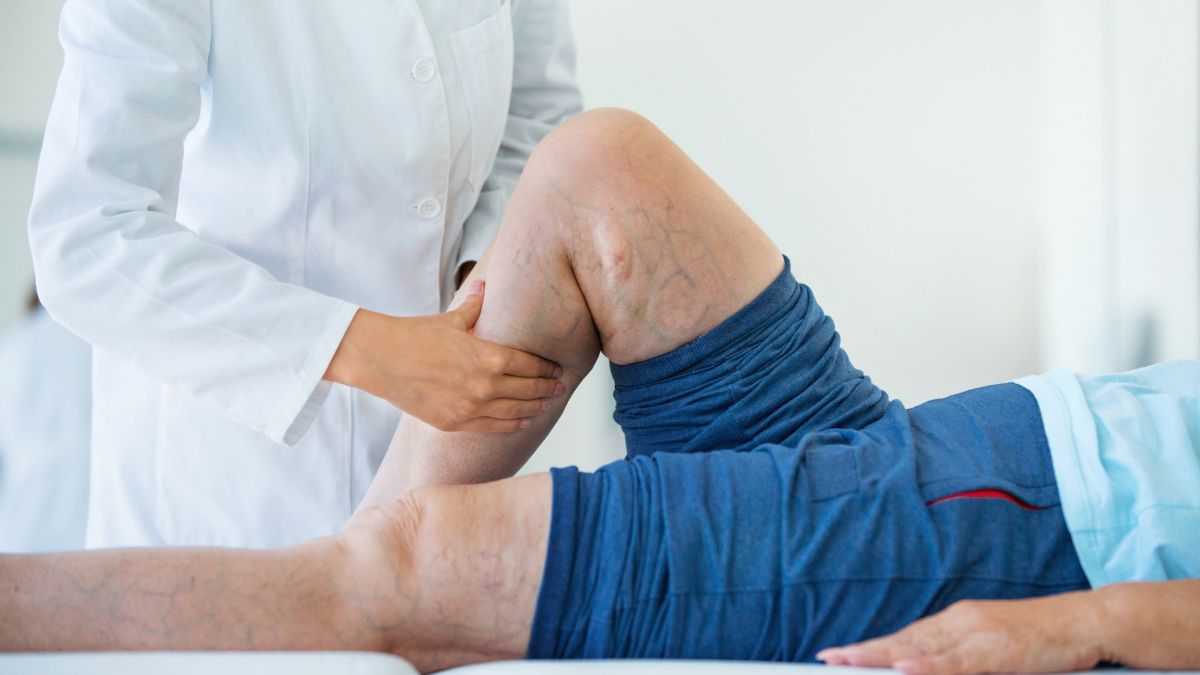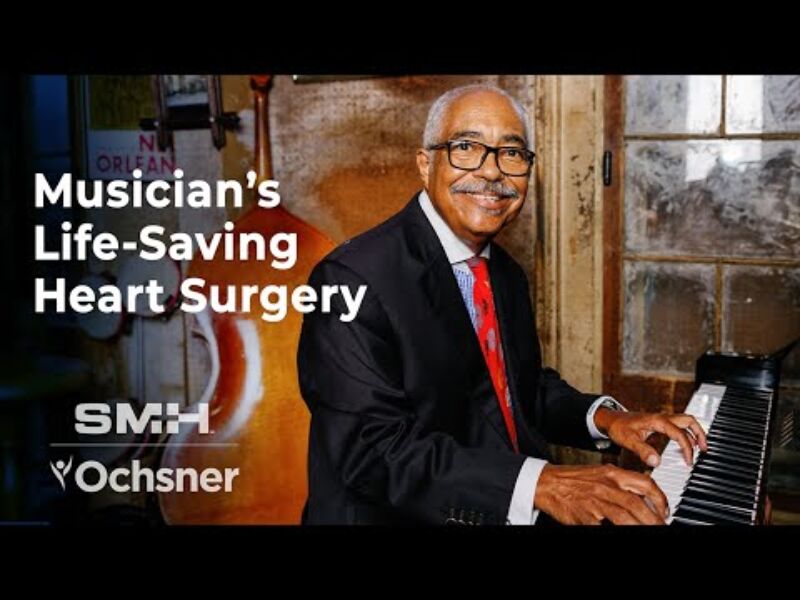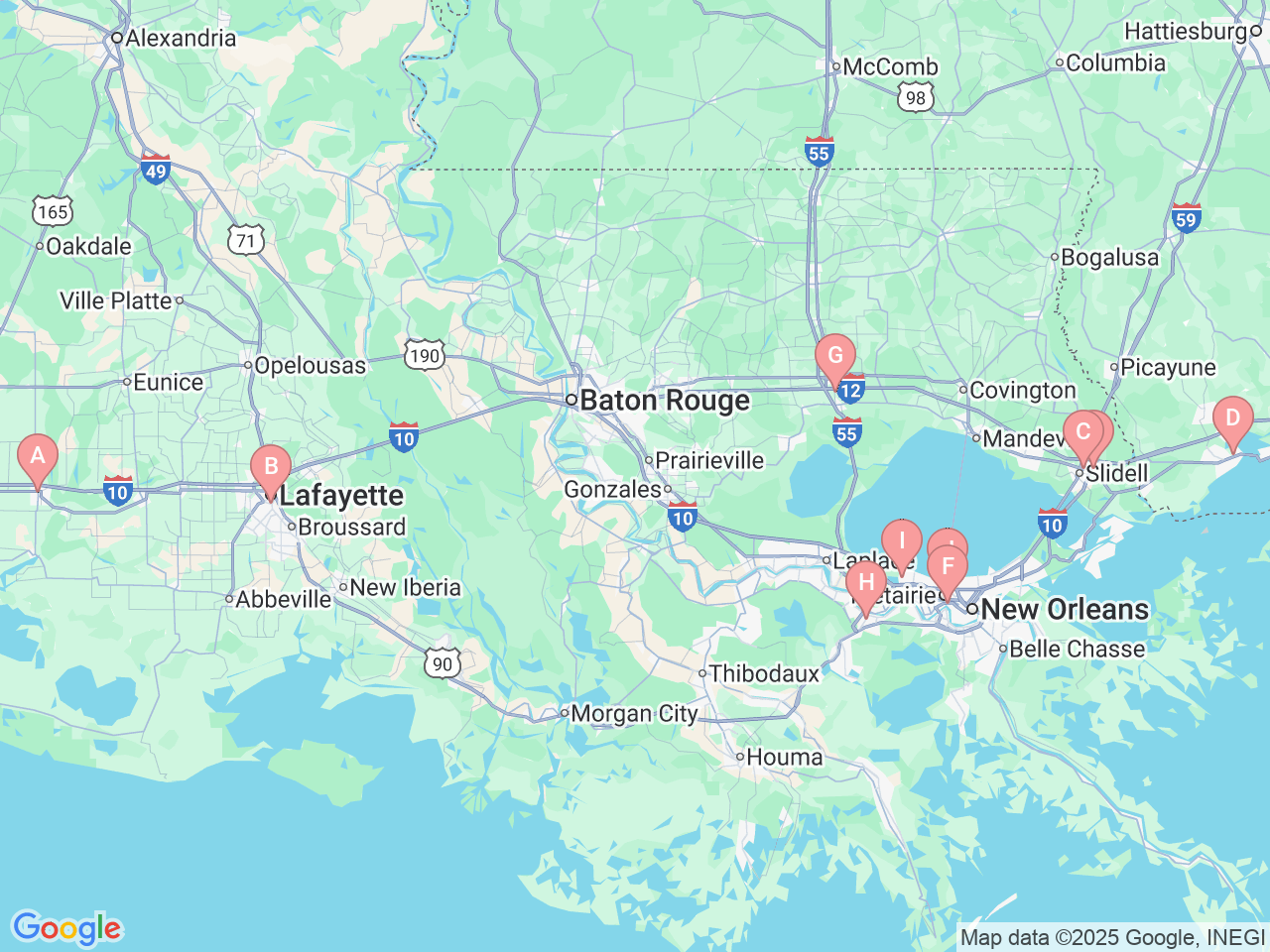Why choose Ochsner Health for your cardiology care?
At the John Ochsner Heart & Vascular Institute, heart health isn’t just our specialty; it’s our mission. We know that a fulfilling life starts with a healthy heart, and our expert team is here to help you achieve your full potential. Ochsner Health experts in heart and vascular care are here for you across Louisiana in New Orleans, Baton Rouge, Metairie, Kenner, Luling, Slidell, Hammond, Shreveport, Covington, Mandeville, Lafayette and Jennings. Services are also offered in Bay St. Louis, Mississippi.
Whether you’re seeking to manage existing heart conditions or reduce your risk of heart disease, our cutting-edge cardiovascular services ensure you’re in the trusted hands of leaders in heart care. For decades, we have been at the forefront of heart and vascular care, shaping the future of cardiology with pioneering achievements like:
- Performing the region’s first heart transplant in 1970
- Completing the first pediatric heart transplant and total artificial heart implant in the region
- Innovating groundbreaking techniques like minimally invasive atrial septal defect closure surgery, a procedure that repairs a hole in the heart’s septum without open-heart surgery
- Integrating wearable technology like smartwatches to manage high blood pressure
From using digital technology to monitor blood pressure and performing the latest minimally invasive procedures in our cardiac catheterization laboratory to conducting research into all aspects of cardiovascular care, the John Ochsner Heart & Vascular Institute remains committed to advancing patient care. Whether you’re looking to reduce your heart disease risk or require treatment for persistent cardiovascular issues, rest assured that your heart is under expert care at Ochsner Health.










